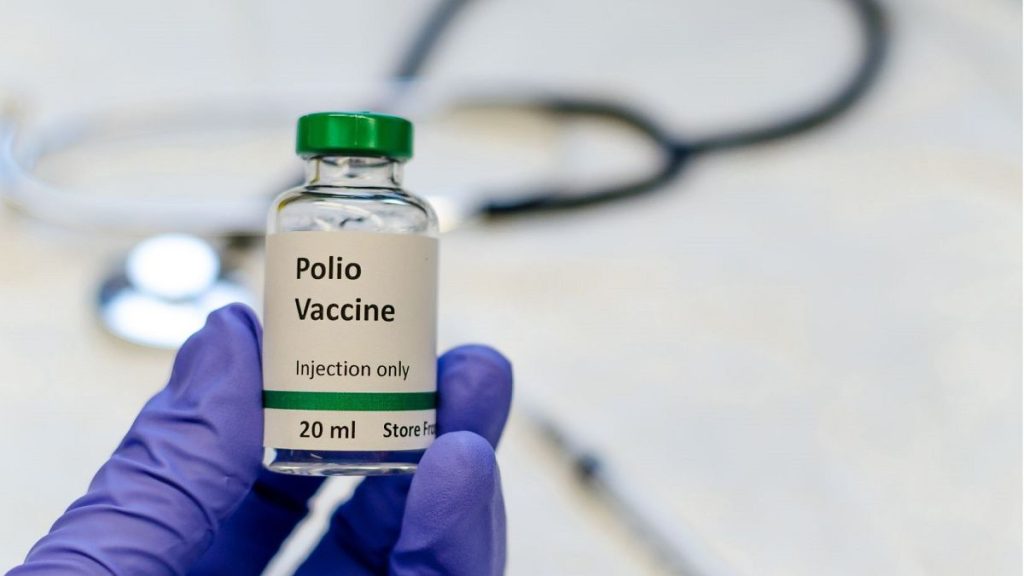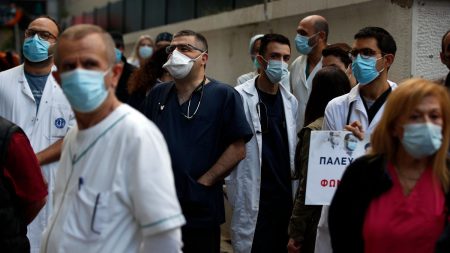Poland is currently facing public health concerns as recent tests have detected the presence of the polio virus in sewage in Warsaw, leading health authorities to emphasize the importance of vaccinations for young children. Around 86% of Polish three-year-olds are vaccinated against polio, which is below the 95% threshold recommended to provide herd immunity and prevent outbreaks. The Main Sanitary Inspectorate has issued a call to action for parents to ensure their children are immunized, particularly since the virus can be present without necessarily making anyone ill. This situation underscores the critical nature of vaccination in protecting vulnerable populations, especially children under the age of five who are most susceptible to severe complications from the disease.
The presence of the poliovirus in sewage does not directly correlate to illness in the population, yet it does pose a risk for unvaccinated children. Consequently, Polish health authorities have implemented new preventive measures, including enhancing testing protocols for sewage in Warsaw, replenishing vaccination supplies, and compiling a comprehensive list of unvaccinated children. These actions reflect a proactive stance to mitigate the potential spread of polio, which can occur through contact with feces from an infected individual or, less commonly, via contaminated food and water. The urgency is heightened given that approximately 1 in 200 cases can lead to permanent paralysis, with young children being particularly vulnerable to such severe outcomes.
Health officials point out that polio is often asymptomatic, meaning that many individuals carrying the virus may appear healthy while still posing a risk for transmission. This emphasizes the critical role of widespread vaccination not only for individual protection but also for the community’s collective health. Most people infected with the virus will not show symptoms, yet in rare instances, it can devastate the nervous system and lead to paralysis. This dual nature of the virus—where it can circulate undetected while still being capable of causing severe harm—highlights the necessity of maintaining high vaccination rates.
Poland’s vaccination rates have become a concern for health officials, particularly in light of a rising tide of anti-vaccination sentiments among some segments of the population. This movement has contributed to hesitancy around immunizations, which threatens to undermine the progress made in eradicating diseases such as polio. The last reported case of polio in Poland occurred in 1984, and the absence of recent outbreaks was part of a broader trend in the European region, which was declared polio-free by the World Health Organization (WHO) in 2002. However, the current situation serves as a stark reminder that continued vigilance and health advocacy are necessary to counteract misinformation and ensure public compliance with vaccination programs.
The WHO emphasizes the necessity of achieving at least a 95% vaccination rate among children to effectively halt the transmission of polio. Without such coverage, there is a significant risk that the virus could regain a foothold within communities, endangering not only unvaccinated individuals but also those who cannot be vaccinated for medical reasons. This means that health campaigns must not only focus on reaching unvaccinated populations but also on reinforcing the importance of vaccinations among those who may be indifferent or skeptical about their efficacy. Engaging parents through educational outreach can counteract anti-vaccination rhetoric and promote the broader benefits of herd immunity.
In summary, the detection of polio in Warsaw’s sewage is a critical public health alert that highlights the need for increased vaccination efforts in Poland. With only 86% vaccination coverage among three-year-olds, the 95% target remains a pressing goal that health authorities are working diligently to achieve through various strategies, including improved testing, vaccination drives, and public education campaigns. The history of polio eradication in Poland and Europe underlines what is at stake for public health, while the rise of anti-vaccination sentiments presents considerable challenges. Ultimately, sustaining and enhancing vaccination coverage is paramount in safeguarding the population and preventing a potential resurgence of polio.














